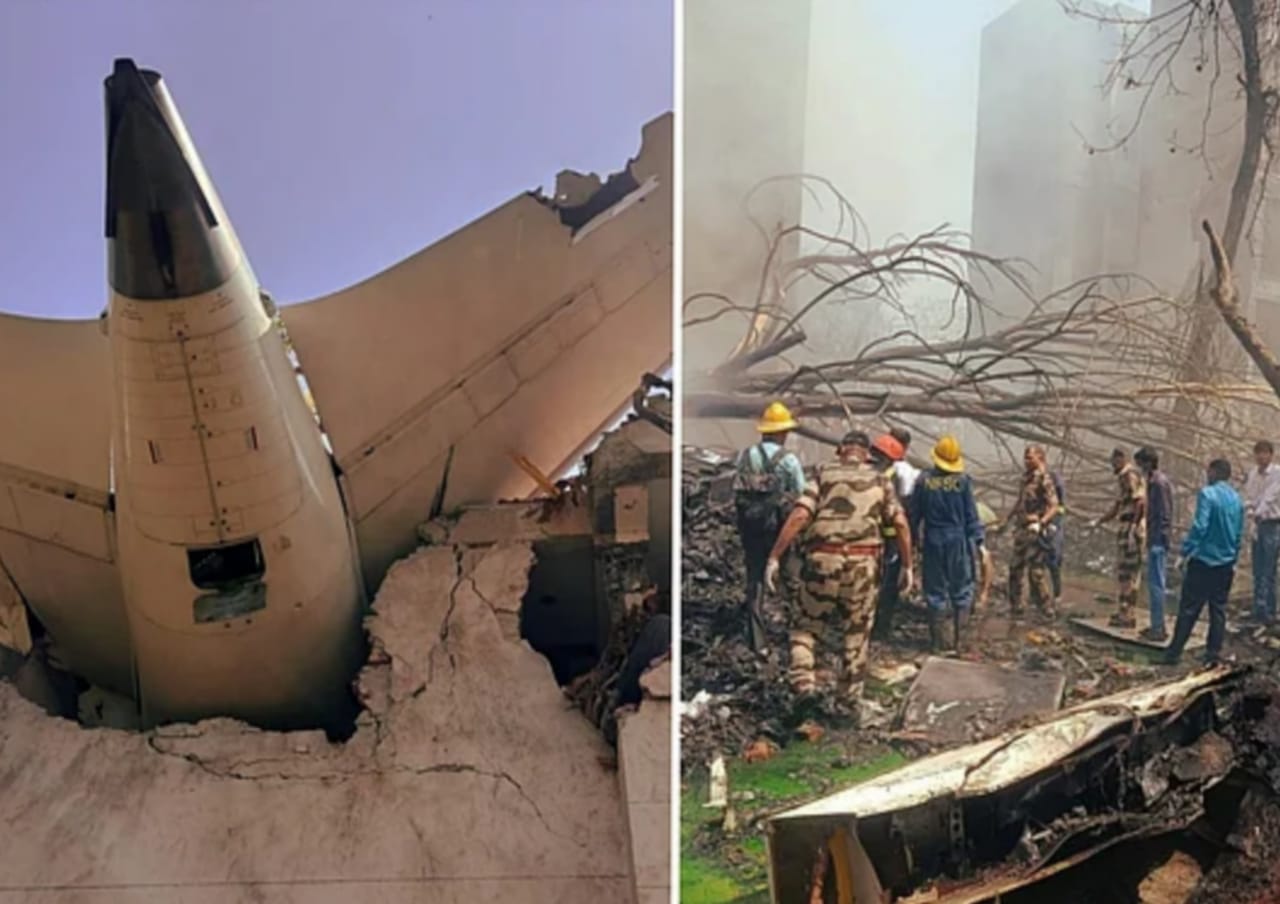
The US National Transportation Safety Board (NTSB) has issued a rare public rebuke of international media outlets, calling recent reports about the deadly Air India Flight 171 crash "premature and speculative."
NTSB Chair Jennifer Homendy delivered the sharp criticism on Friday, targeting coverage that suggested pilot error was definitively to blame for the June 12 disaster that claimed 260 lives in Ahmedabad. The unusually blunt statement underscores growing tensions between investigators and media organisations rushing to assign blame in one of India's deadliest aviation accidents.
"Recent media reports on the Air India 171 crash are premature and speculative," Homendy said in a statement posted on social media. “India's Aircraft Accident Investigation Bureau just released its preliminary report. Investigations of this magnitude take time."
The criticism comes after major outlets, including The Wall Street Journal and Reuters, published reports citing unnamed sources and cockpit audio recordings. These reports suggested Captain Sumeet Sabharwal deliberately moved fuel control switches to cut off both engines of the Boeing 787 Dreamliner shortly after takeoff, causing the fatal crash.
However, investigators emphasise that while the preliminary report confirmed the fuel switches were found in the "cutoff" position, it has not determined how they got there. The possibilities remain wide open, including mechanical malfunction, unintended human intervention, or deliberate action.
The Federation of Indian Pilots has responded aggressively to what it views as unfair characterisation of the crew, announcing plans to pursue legal action against the Western media outlets. The pilots' association argues that the reports represent irresponsible journalism that damages the reputation of Indian aviation professionals without verified evidence.
India's Aircraft Accident Investigation Bureau, which is leading the probe with NTSB assistance, released its statement warning against drawing early conclusions. The agency stressed that cockpit voice recordings showed First Officer Clive Kunder asking Captain Sabharwal why he had cut off fuel, to which the captain replied he had not done so.
"At this stage, it is too early to reach any definite conclusions," the AAIB stated. "The purpose of our preliminary report is to provide information about what happened, not to assign blame."
The controversy has highlighted potential equipment issues as well. A 2018 Federal Aviation Administration advisory noted that certain Boeing 787 aircraft could have defects in fuel control switch locking mechanisms, allowing switches to be toggled without proper lifting procedures.
Adding to the complexity, a US aviation attorney revealed that a similar fuel switch incident occurred on a Japanese ANA flight in 2019, where pilots reported they never touched the controls despite the switches moving to the cutoff position.
The NTSB's public criticism of media coverage is unusual for the typically diplomatic agency, suggesting frustration with what officials see as prejudicial reporting that could compromise the investigation's integrity.
As the probe continues, investigators emphasise that final accident reports typically take a year or more to complete. The focus remains on determining the root cause through careful analysis of all evidence, rather than speculation based on partial information.
The rebuke serves as a reminder that in aviation disasters, the rush to explain tragedy often conflicts with the methodical process needed to prevent future accidents.